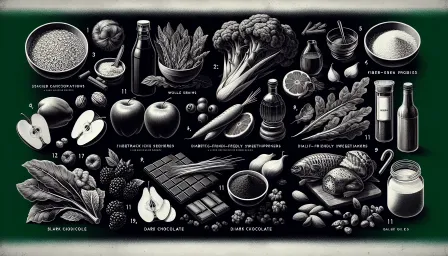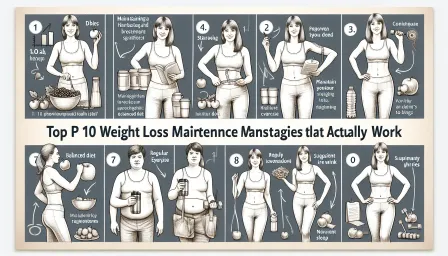Proven Techniques for Effective Stress Management for Health

Discover effective stress management techniques to improve health and well-being. Learn methods that are proven to reduce stress and enhance overall health.
Stress is an inevitable part of life, but managing it effectively is crucial for maintaining overall health and well-being. When left unchecked, stress can lead to numerous mental and physical health issues. This article explores proven techniques for effective stress management that can significantly benefit your health.
Understanding Stress and Health
Stress is the body's response to any demand or challenge. While short-term stress can be beneficial by enhancing alertness and performance, chronic stress can have detrimental effects on health. This ongoing stress can lead to problems such as anxiety, depression, heart disease, and weakened immune function.
Proven Techniques for Effective Stress Management
1. Regular Physical Activity
Exercise is one of the most effective ways to combat stress. Physical activity helps release endorphins, the body's natural mood elevators. Activities such as walking, running, yoga, and strength training can reduce stress levels and improve overall health.
2. Mindfulness and Meditation
Mindfulness and meditation practices can significantly reduce stress by promoting relaxation and mental clarity. Techniques such as deep breathing exercises, guided meditation, and progressive muscle relaxation can help calm the mind and reduce the physical effects of stress.
3. Healthy Eating Habits
A well-balanced diet can influence stress levels and overall health. Consuming a variety of nutrients, including fruits, vegetables, lean proteins, and whole grains, can help stabilize mood and energy levels. Avoiding excessive caffeine, sugar, and alcohol can also prevent exacerbation of stress symptoms.
4. Adequate Sleep
Quality sleep is essential for effective stress management. Lack of sleep can increase stress hormones and exacerbate stress-related conditions. Aim for 7-9 hours of uninterrupted sleep each night to help the body recover and manage stress better.
5. Effective Time Management
Poor time management can lead to feelings of overwhelm and increased stress. Utilizing tools such as to-do lists, prioritizing tasks, and setting realistic goals can help manage time effectively and reduce stress levels.
6. Social Support
Connecting with friends, family, and support groups can provide emotional support and reduce stress. Sharing feelings and experiences with trusted individuals can offer relief and help develop coping strategies.
7. Professional Help
Seeking help from mental health professionals can be beneficial when stress becomes unmanageable. Therapists, counselors, and psychologists can offer coping techniques, therapeutic interventions, and support systems tailored to individual needs.
8. Hobbies and Leisure Activities
Engaging in hobbies and leisure activities can be an excellent way to relax and unwind. Activities such as reading, gardening, painting, and playing music can provide a mental break from stressors and enhance overall well-being.
9. Cognitive Behavioral Techniques
Cognitive behavioral techniques (CBT) can be effective in managing stress by changing negative thought patterns. CBT strategies such as reframing thoughts, problem-solving, and developing healthy coping mechanisms can reduce stress and improve mental health.
10. Practicing Gratitude
Gratitude practices, such as keeping a gratitude journal or regularly expressing thanks, can shift focus from stressors to positive aspects of life. This shift in perspective can promote a sense of well-being and reduce stress levels.
Conclusion
Effective stress management is essential for maintaining good health. By incorporating these proven techniques into daily life, individuals can significantly reduce stress and enhance overall well-being. Remember, the key to managing stress is consistency and finding what works best for you. Prioritizing mental and physical health through various stress management strategies can lead to a happier, healthier life.



























